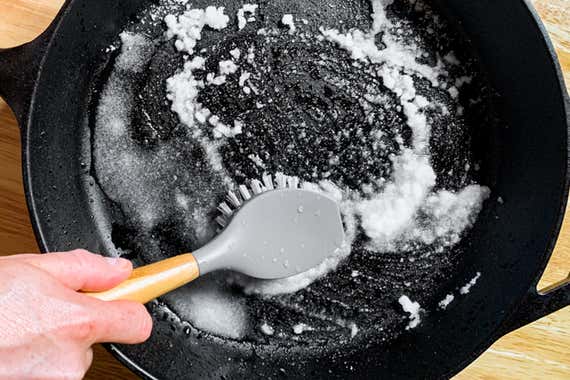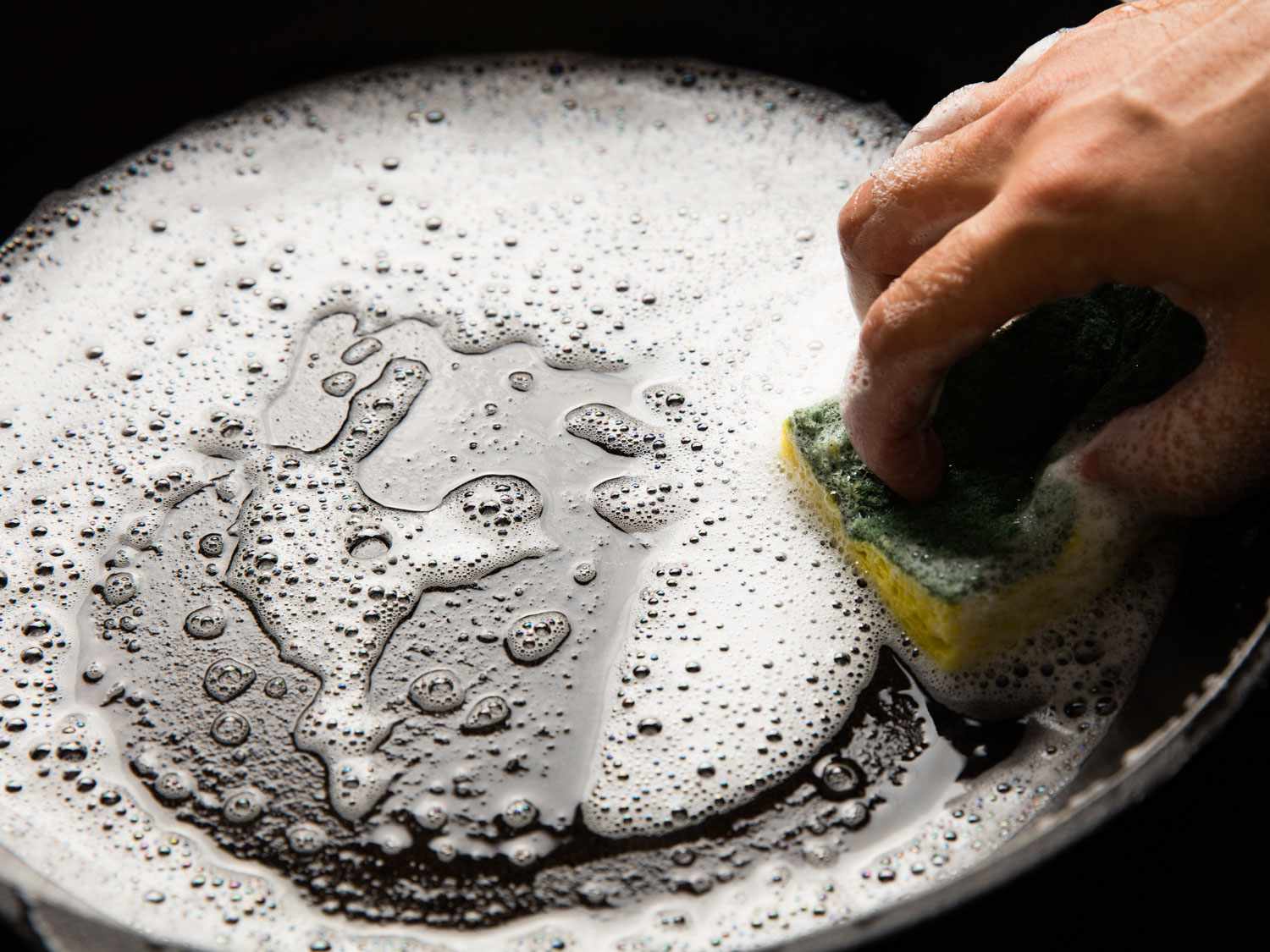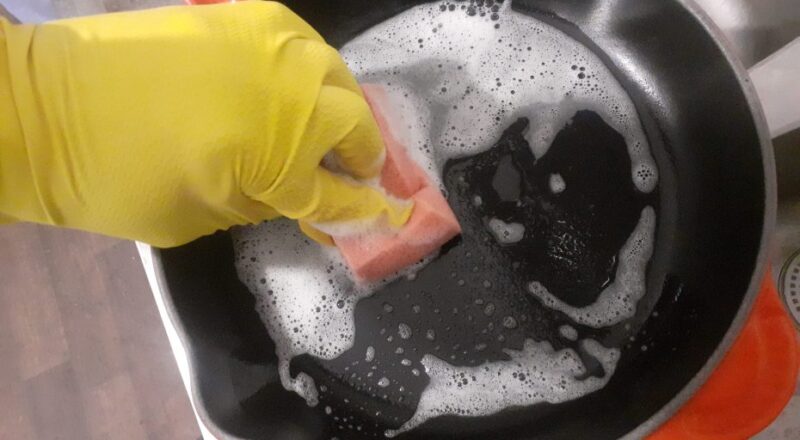Many people cherish cooking with beloved cast iron cookware. However, if you’ve ever found yourself asking, Why does my cast iron smoke so much?, youre not alone. Despite its many benefits, cast iron requires some specific care, and missteps can often lead to a smoky kitchen.
Cast iron cookware is known for its durability and ability to provide even cooking. Nonetheless, understanding why your cast iron smokes is crucial for a pleasant and efficient cooking experience. Here’s everything you need to know.

Introduction to Cast Iron Cookware
Cast iron pots and pans have been around for centuries, celebrated for their high heat retention and versatility. However, these benefits come with the unique challenge of maintenance, which, if not done correctly, often leads to smoking issues.

What Causes Cast Iron to Smoke?
Excess Oil
One of the primary reasons cast iron smokes is an excess of oil. When oil is heated beyond its smoke point, it begins to smoke. It’s essential to use oils with high smoke points and not over-apply them.
High Heat
Another culprit behind smoking cast iron cookware is setting your stove or oven to extremely high temperatures. While cast iron can handle high heat, too much can cause smoking.
Improper Seasoning
If your cast iron skillet is not correctly seasoned, it might cause smoking. Seasoning involves coating the pan with a layer of oil and heating it, creating a natural, non-stick surface. However, a poorly seasoned pan can lead to smoke.
Food Residue
Food bits left on the pan can also cause smoking. Regular cleaning without soap and extra care can prevent residue build-up that may lead to a smoky situation.

The Process of Seasoning Your Cast Iron
Cleaning the Pan
Begin by cleaning your cast iron pan efficiently. Avoid using harsh detergents as they can strip the seasoning. Instead, use hot water and a gentle scrubber.
Applying Oil
After cleaning, apply a thin layer of high smoke point oil over the entire pan, including the handle and bottom.
Heating the Pan
Place your pan in an oven set to around 375F (190C) for about an hour. This process allows the oil to bond with the iron, creating a robust non-stick layer.
For more detailed seasoning processes, visit this guide on seasoning cast iron pans.

Preventive Measures to Avoid Smoking
Use Appropriate Heat
Always start cooking on medium heat and increase it as needed. This gradual heating prevents the Formation of smoke.
Selecting the Right Oil
Using oils with high smoke points like avocado or grapeseed oil ensures that they are less likely to cause smoking.
Regular Maintenance
Include regular cleaning and re-seasoning as part of your kitchen routine. Check out our guide on re-season cast iron skillet to learn more.
Avoid Cooking Wet Ingredients
Wet ingredients can exacerbate smoking. Ensure your pan and ingredients are dry before cooking.
The Role of Smoke Points in Cast Iron Cooking
Understanding smoke points helps in selecting the right oils for your cooking. Here’s a quick overview of common oils and their smoke points:
- Avocado Oil: 520F (271C)
- Grape Seed Oil: 420F (215C)
- Olive Oil: 375F (190C)
How to Handle Smoking When It Happens
If your pan begins to smoke, remove it from the heat source and let it cool down. Turn on your kitchen ventilator or open a window to clear the smoke.
FAQs about Smoking Cast Iron
Does all cast iron smoke?
Not necessarily. Properly used and maintained cast iron should not smoke excessively.
How do I clean burnt oil from cast iron?
Use warm water and a mild scrubber to remove burnt oil. Avoid soap as it can strip seasoning. Refer to our guide on re-season cast iron skill.
Can I use soap to clean cast iron?
While occasional use of mild soap won’t harm your pan, regular use can strip its seasoning. Stick to hot water and gentle scrubbing.
Conclusion
Your concerns about why does my cast iron smoke so much are valid, and understanding the causes and solutions can lead to a better cooking experience. With proper care, maintenance, and a bit of culinary knowledge, you can keep your cast iron in pristine condition, providing delightful meals for years.
For additional tips and recipes using cast iron, check out our guide on Cooking pot roast or hash browns in cast iron.
As an Amazon Associate, I earn from qualifying purchases.

